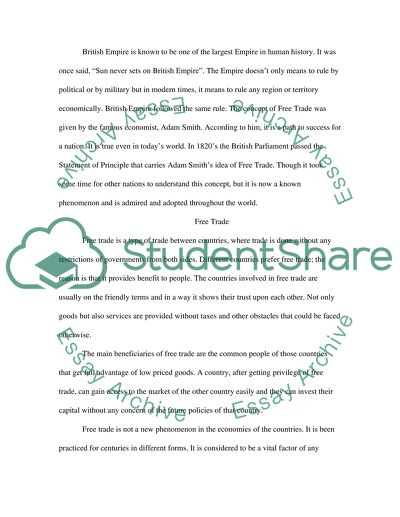Cite this document
(“How does the concept of the imperialism of free trade explain the rise Essay”, n.d.)
Retrieved from https://studentshare.org/miscellaneous/1520354-how-does-the-concept-of-the-imperialism-of-free-trade-explain-the-rise-and-fall-of-the-british-empire
Retrieved from https://studentshare.org/miscellaneous/1520354-how-does-the-concept-of-the-imperialism-of-free-trade-explain-the-rise-and-fall-of-the-british-empire
(How Does the Concept of the Imperialism of Free Trade Explain the Rise Essay)
https://studentshare.org/miscellaneous/1520354-how-does-the-concept-of-the-imperialism-of-free-trade-explain-the-rise-and-fall-of-the-british-empire.
https://studentshare.org/miscellaneous/1520354-how-does-the-concept-of-the-imperialism-of-free-trade-explain-the-rise-and-fall-of-the-british-empire.
“How Does the Concept of the Imperialism of Free Trade Explain the Rise Essay”, n.d. https://studentshare.org/miscellaneous/1520354-how-does-the-concept-of-the-imperialism-of-free-trade-explain-the-rise-and-fall-of-the-british-empire.


